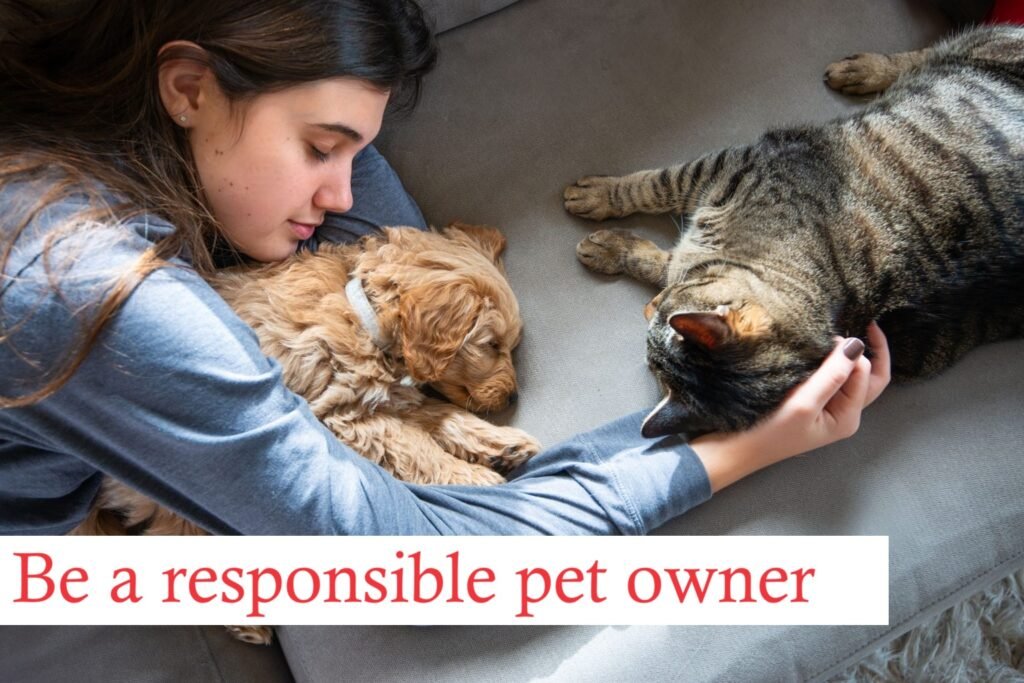Horses are known for their beauty, strength, and friendly nature. People often see them as working animals or athletes, but most people consider keeping them pets. Is this a good idea for everyone?
This guide will help you understand what it’s like to have a horse as a pet. You’ll learn about the benefits, the challenges, and what you need to do to care for them.
Why Horses Make Great Pets
Having a horse as a pet is not the same as having a dog or a cat. Horses are big and intelligent animals that need lots of care and attention. They need more space to move around, special care, and a lot of time from their owners. While they can become very close to people and offer great companionship and support, they also require a lot of responsibility.
Top 5 Benefits of Owning a Horse
1- Building Strong Relationships
Horses can form deep bonds with their owners. This special friendship can bring lots of joy and emotional support. Spending time with your horse, whether grooming or riding, creates a unique and rewarding connection.
As Winston Churchill said,
“There is something about the outside of a horse that is good for the inside of a man.”
2- Staying Healthy
Owning a horse keeps you active. Whether you’re riding, grooming, or cleaning the stable, you’ll be doing plenty of physical work. This helps you stay fit and healthy. Plus, riding improves your balance, coordination, and heart health.
3- Finding Peace and Joy
Horses have a calming presence that can reduce stress. Many people find that being around horses makes them feel happier and more relaxed. People even use horse therapy to address emotional and mental health issues. “The wind of heaven is that which blows between a horse’s ears,” says an old Arabian proverb, showing how peaceful horses can be.
4- Making New Connections
Owning a horse can help you meet new people. Many horse owners join clubs, attend competitions, and participate in local events. This social side can make your experience more fun and help you build a support network.
5- Learning Responsibility
Taking care of a horse teaches important life skills like responsibility, patience, and discipline. Daily tasks such as feeding, grooming, and exercising your horse build a strong sense of duty and dedication.
The Challenges of Owning a Horse
1- Space Needs
Horses need a lot of space. They require room to move around, graze, and exercise. This means you’ll need a large paddock or pasture. You’ll also need a stable or shelter to protect them from severe weather.
2-Time Commitment
Horses need daily care, including feeding, grooming, exercise, and cleaning their living area. Unlike smaller pets, horses require constant care and attention. They need regular attention, which can be time-consuming and might only fit some people’s schedules.
3- Cost of Ownership
Owning a horse can be costly. Here are some typical expenses:
| Expense | Estimated Cost per Year |
| Feed | $1,200 – $2,500 |
| Veterinary Care | $300 – $700 |
| Farrier Services | $600 – $1,200 |
| Equipment | $500 – $1,500 |
| Facility Maintenance | $1,000 – $3,000 |
5- Safety Concerns
Handling and riding horses can be risky. Falls or kicks can cause serious injuries. It’s important to use safe handling and riding techniques and always wear safety gear, like helmets and boots.
How to Care for Your Pet Horse:
1- Feeding Requirements
Horses need a special diet to stay healthy. Their primary food includes hay, grains, and pasture. Make sure they always have fresh water, and monitor their diet to avoid issues like colic or obesity.
2- Proper Housing
Horses need a safe and comfortable place to live. A stable or barn offers shelter from bad weather. The stable should be clean, well-ventilated, and free of hazards. Horses also need space to roam and graze to maintain their physical and mental health.
3- Arrange Regular Health Check-Ups
Regular vet visits are important for your horse’s health. This includes vaccinations, dental care, and deworming. Look for signs of illness or injury and address them quickly. It’s a good idea to build a relationship with a trusted vet.
4- Consider Exercise and Mental Stimulation
Horses need regular exercise. Daily riding, lunging, or turnout in a pasture can help meet their exercise needs. They also need mental stimulation through training, games, or interaction with other horses to keep them happy and engaged.
5- Grooming Your Horse
Grooming is more than just keeping your horse looking nice. Regular grooming helps maintain their coat, skin, and hooves. It also allows you to check for any injuries or health issues.
5- Make a Daily Routine for Proper Care
Creating a daily feeding, grooming, exercise, and cleaning routine helps ensure your horse’s needs are met consistently. Horses thrive on routine, and having a structured schedule makes caring for them easier.
Is a Horse the Right Pet for You?
Before deciding to keep a horse as a pet, ask yourself the following questions:
- Do I have enough space to accommodate a horse?
- Can I commit to the daily care and time requirements?
- Am I prepared for the financial expenses?
- Do I have the knowledge or willingness to learn about horse care?
If keeping a horse as a pet is not possible, consider other alternatives. Leasing a horse or volunteering at a local stable can provide similar experiences without the full-time commitment. Other pets, like dogs or cats, might be more suitable for your lifestyle.
Conclusion
Keeping a horse as a pet can be a very rewarding experience. It offers companionship, physical activity, and emotional well-being. However, it also comes with challenges, such as the need for a lot of space, a large time commitment, and significant costs. Consider these factors and prepare to decide if a horse is the right pet for you. If you choose to go ahead, the bond you build with your horse will be one of the most fulfilling relationships you’ll ever have.



